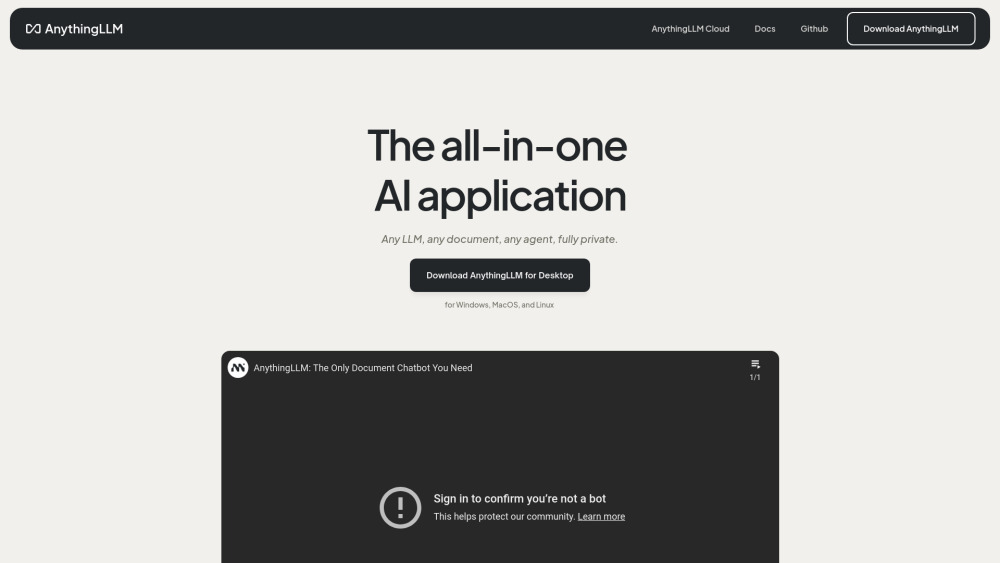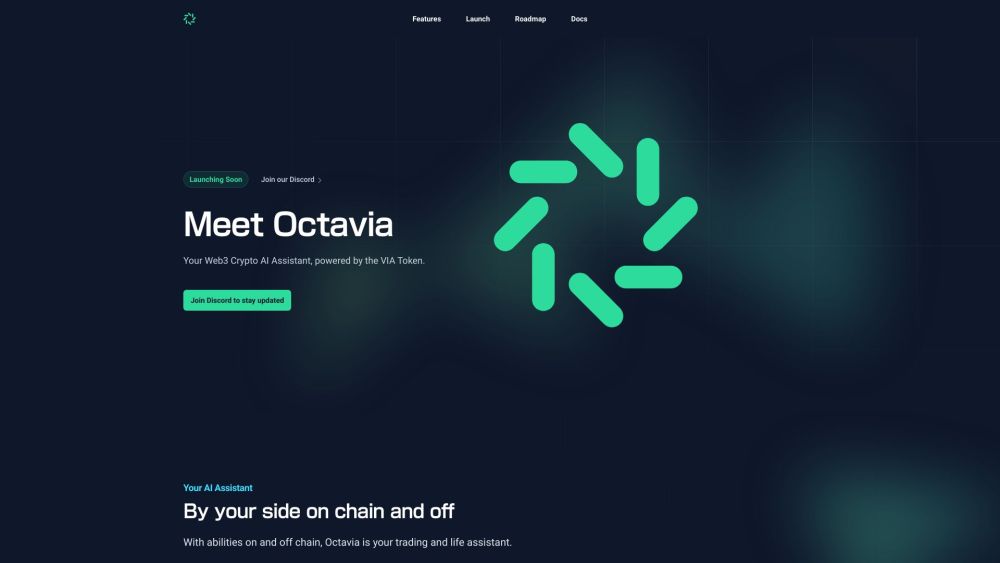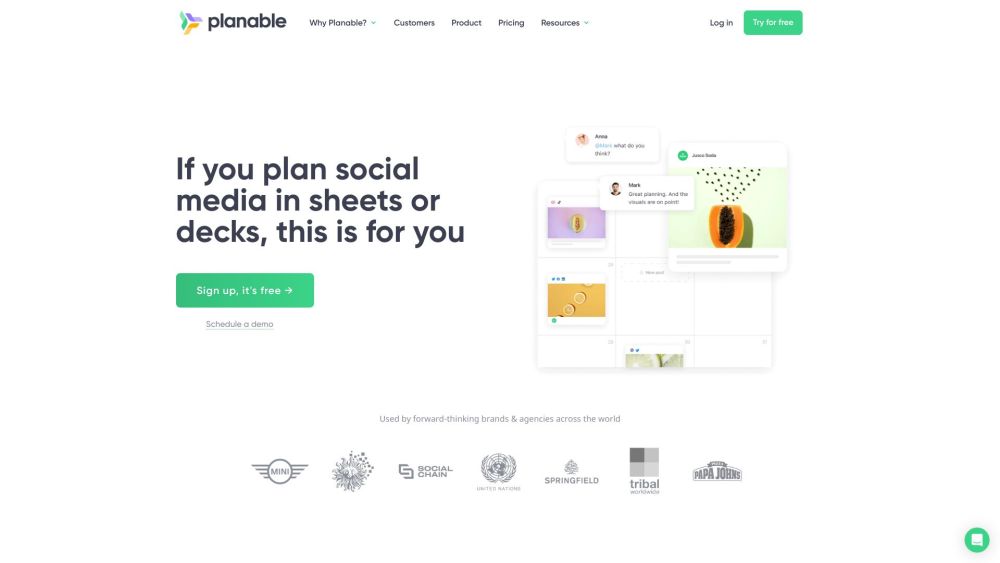In the midst of ongoing debates over media content and original reporting, AI-driven search startup Perplexity has introduced a new feature that displays results for factual queries directly through cards. This includes information such as weather conditions, local time, currency conversions, and quick answers to basic math questions. This enhancement aims to keep Perplexity users from turning to other search engines like Google for these essential results.
Previously, Perplexity could source this information from the web, but the company is now enhancing these displays with striking visuals to make them more eye-catching and accessible. CEO Aravind Srinivas announced on X that users can now expect swift responses for these foundational queries.
In his post, Srinivas shared insights about the new gradient and parallax effects implemented by their design and mobile teams.
Notably, last year, Srinivas acknowledged that Google excels at handling simple queries like weather updates, current time, and live sports scores, emphasizing that Perplexity still had significant improvements to make. While Google provides card-based information, including sports league standings and basic film details, Perplexity aims to deliver direct information rather than relying solely on external sources.
Srinivas stated, “Google is still better than Perplexity for weather, time, live sports scores, and directions, so we have a long way to go.”
For the new search results—covering topics such as weather and currency exchange—Perplexity is not linking to any external sources. Recently, Srinivas noted that the startup is collaborating with Tako, an AI search engine focused on visualizing data, in displaying information such as stock market prices.
He highlighted, "An answer engine should provide concise responses to basic facts, not just lengthy summaries. High-density information units are crucial." This partnership aims to further develop interactive knowledge cards.
Earlier this month, Perplexity faced scrutiny from media professionals when Forbes' executive editor, John Paczkowski, criticized the search engine for displaying Forbes’ original, paywalled content regarding former Google CEO Eric Schmidt’s drone company. The search results reportedly lacked proper attribution and mirrored the language of Forbes' reporting, which was also highlighted in Perplexity’s AI-generated podcast.
Critics argue that without adequate crediting and sufficient link-back traffic, AI-powered search engines that generate or replicate media content might undermine conventional publications' revenue models. In response, Dmitry Shevelenko, the startup's chief business officer, indicated that the company is exploring revenue-sharing agreements with publishers to allow them to earn recurring income from generated content.





